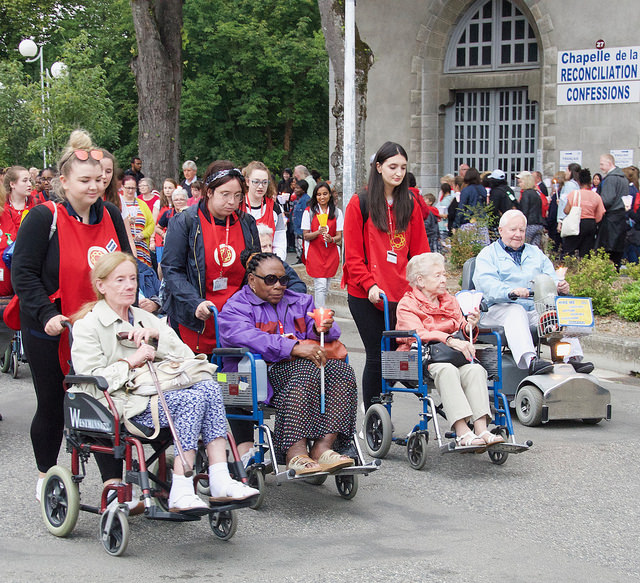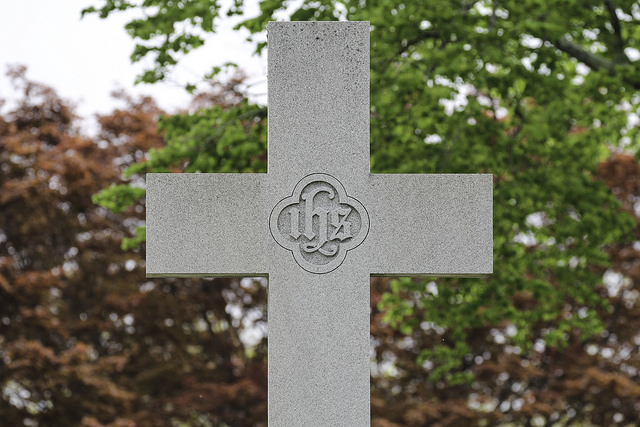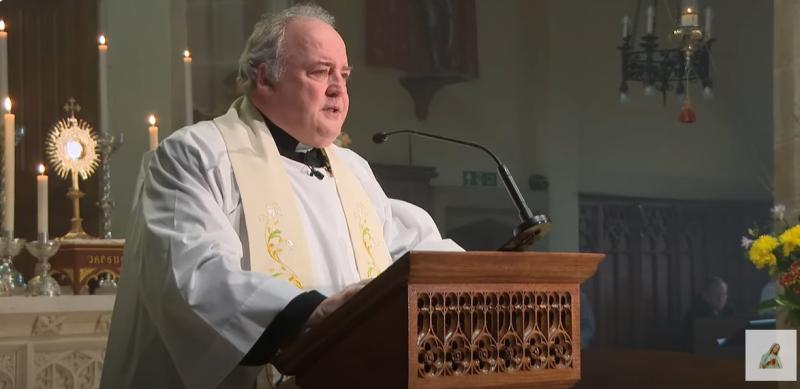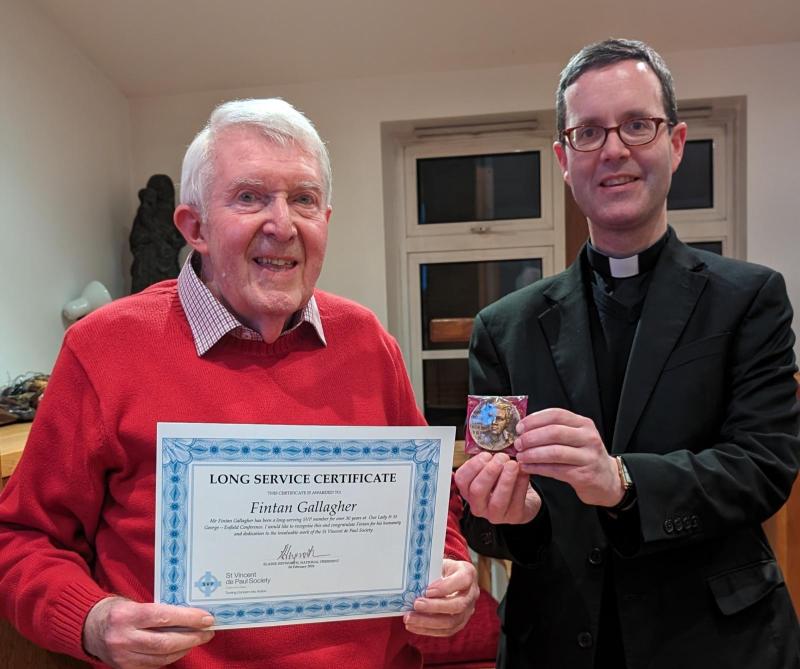‘Process’ has been adopted as a new, modern word. Over the past month my niece has been staying a couple of days each week while she searches for a flat in London. It is always a delight to see her. She cooks a meal and the two of us sit down and have a good old natter. Inevitably our conversation leads to what she is studying. She is a law student and we discuss the conundrum of court cases and verdicts. By the time we have finished my head is spinning and when she has left, I value the silence, because it gives me time to ‘process’ what we have talked about.
In the hospice I find patients need time to process conversations as well. They often present themselves as having an inbuilt timer, that is to say, that when I visit I know when it is time to leave. Patients are rarely rude, but I can tell when they need time to be by themselves and think through what has been prayed, received or discussed.
Prayer is like that. The Lord arrives at our invitation, talks within our souls, feeds us with encouragement, self-discernment, guidance and wisdom, and then he leaves. However, the departure of the beloved is often felt as a bereavement, rather than a time to pray through and process what the Lord has taught us. I often listen to patients who express delight at the imminence of the Lord and then confusion or loss when they can no longer feel his peaceful presence. I tell them that the Lord is giving them time to think and accept his enlightenment, invitation or forgiveness.
Another word for process is route or course, and when the Lord comes near to us in the Sacraments or prayer or through Scripture, he is there as a fellow pilgrim leading us forward towards his heavenly kingdom, and that journey needs periods of silence to help us notice the pathway, the scenery and the lessons we learn on the way.
Please pray for the patients, staff and volunteers of St Joseph’s hospice.




